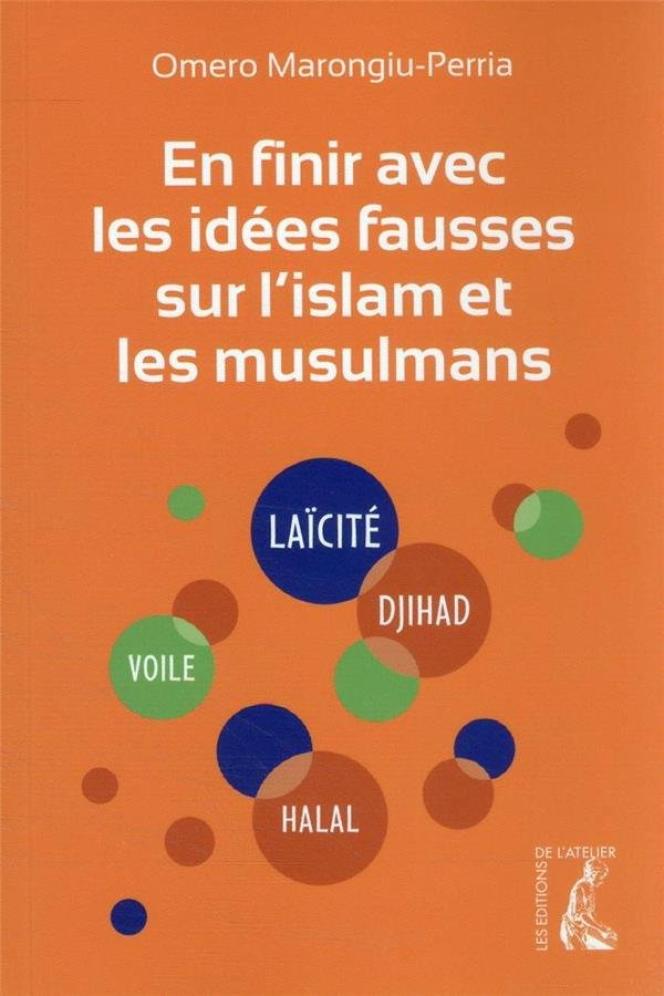“To put an end to misconceptions about Islam and Muslims”, by Omero Marongiu-Perria (Les Editions de l’atelier, 237 pages, 11 euros)
“When you convert to Islam, you have to change your name”, “Islam is fundamentally macho”, “Islam has always been at war with the West”: so many clichés that flood the public debate and shape our perception of Islam, while cultivating the hostility of part of the population vis-à-vis the Muslim community.
In this book, Omero Marongiu-Perria, a sociologist specializing in French Islam and questions of ethnicity, discusses a hundred received ideas about Islam and offers new sources for understanding and building up one’s “own opinion”. It relies in particular on extensive research in the social sciences, history and Muslim law to discuss spirituality in Islam, the role assigned to women or even specify what Islamism is and what is not.
To the idea that it would be a religion necessarily incompatible with democracy, he opposes the fact that the Koran does not discredit any political system and encourages ” consulting citizens ». Like a monolithic Islam that is closed in on itself, he prefers the idea of a plural religion that comes first from a personal and intimate practice. The result is a book that allows us to tell Islam differently.
“Sawaneh. De l’amour”, by Ahmad Ghazâli, bilingual Persian-French, translated by Patricia Pic-Sernaglia with the collaboration of Reza Rokoee (L’Harmattan, 2021, 286 pages, 26 euros)
It is not rare to find pearls in this spiritual book translated by Patricia Pic-Sernaglia from an Iranian Sufi (mystical branch of Islam) author of the Middle Ages. Ahmad Ghazali is a refined and learned Persian poet of the XIe century which brilliantly took hold in its “Sawaneh” of the theme of love.
Beloved, lover and love intertwine in these 77 chapters composed of succinct verses and short developments. The whole has a Greek base (neoplatonic) introduced into the land of Islam by the Judeo-Christian culture, recalls in his very beautiful preface Nasrollah Pourjavady, professor emeritus at the University of Tehran.
The beloved can be human, but also God: the lover then suffers from a fruitful desire for the self-sufficient and perfect beloved. The result is an unfulfilled love for which only the annihilation of the lover in the beloved will allow the blossoming of this love. As in the metaphor of the butterfly (the lover) who, approaching the fire (the beloved), ends up becoming the beloved himself. Love is a perpetual burn. But the union is a trap because it will erase the desire of the protagonists.
You have 53.46% of this article left to read. The following is for subscribers only.

